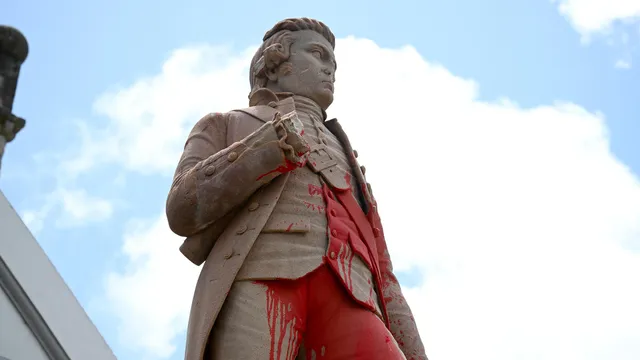HMS Endeavour, the long-lost ship once commanded by the famous British explorer Captain James Cook during a voyage in the Pacific Ocean, has been discovered off the coast of Rhode Island, ending a 250-year maritime mystery, according to Sarajevo Times.
The Australian National Maritime Museum announced the discovery, which is the result of decades of underwater and historical research.
The museum began searching for the Endeavour in 1999 and recently confirmed that the remains in Newport Harbor, previously marked as RI 2394, are the final resting place of the famous ship.
“This final report is the culmination of 25 years of detailed and thorough archaeological research on this important ship,” said museum director Daryl Karp, calling the announcement “the final statement.”
Cook's Endeavour gained historical fame during its first voyage in the Pacific Ocean from 1768 to 1771, becoming the first European ship to reach the eastern coast of Australia and circumnavigate New Zealand.
After the expedition, the ship was converted into a military transport, sold to the shipping company Mather & Co. and renamed Lord Sandwich. It was sunk in 1778 as part of the blockade during the American War of Independence.
Researchers confirmed that this was indeed the ship by comparing the structure of RI 2394 with the original plans of the Endeavour from 1768. The positions of the wooden elements match those of the ship's main and fore masts, and all the main dimensions are accurate to within a few millimeters.
“The connecting element is identical, absolutely identical,” said archaeologist Kieran Hosty, describing a unique wooden feature not found on other ships of that era.
Despite the museum's confidence, it has been criticized for the alleged discovery.
When the museum announced its initial findings in 2022, its partners in the Rhode Island Marine Archaeology Project research project dismissed the news as “premature” and called it a “breach of contract.”
Archaeologist James Hunter of the Australian National Maritime Museum argues that enough criteria have been met to confirm the identity of the remains.
"You're never going to find an inscription saying ‘Cook was here’.
We have a whole series of things that point to RI 2394... Endeavour," Hosty said.
He added that so far they have found many things that indicate that this is the Endeavour, and nothing at the site to indicate that it is not. |BGNES

 Breaking news
Breaking news
 Europe
Europe
 Bulgaria
Bulgaria







